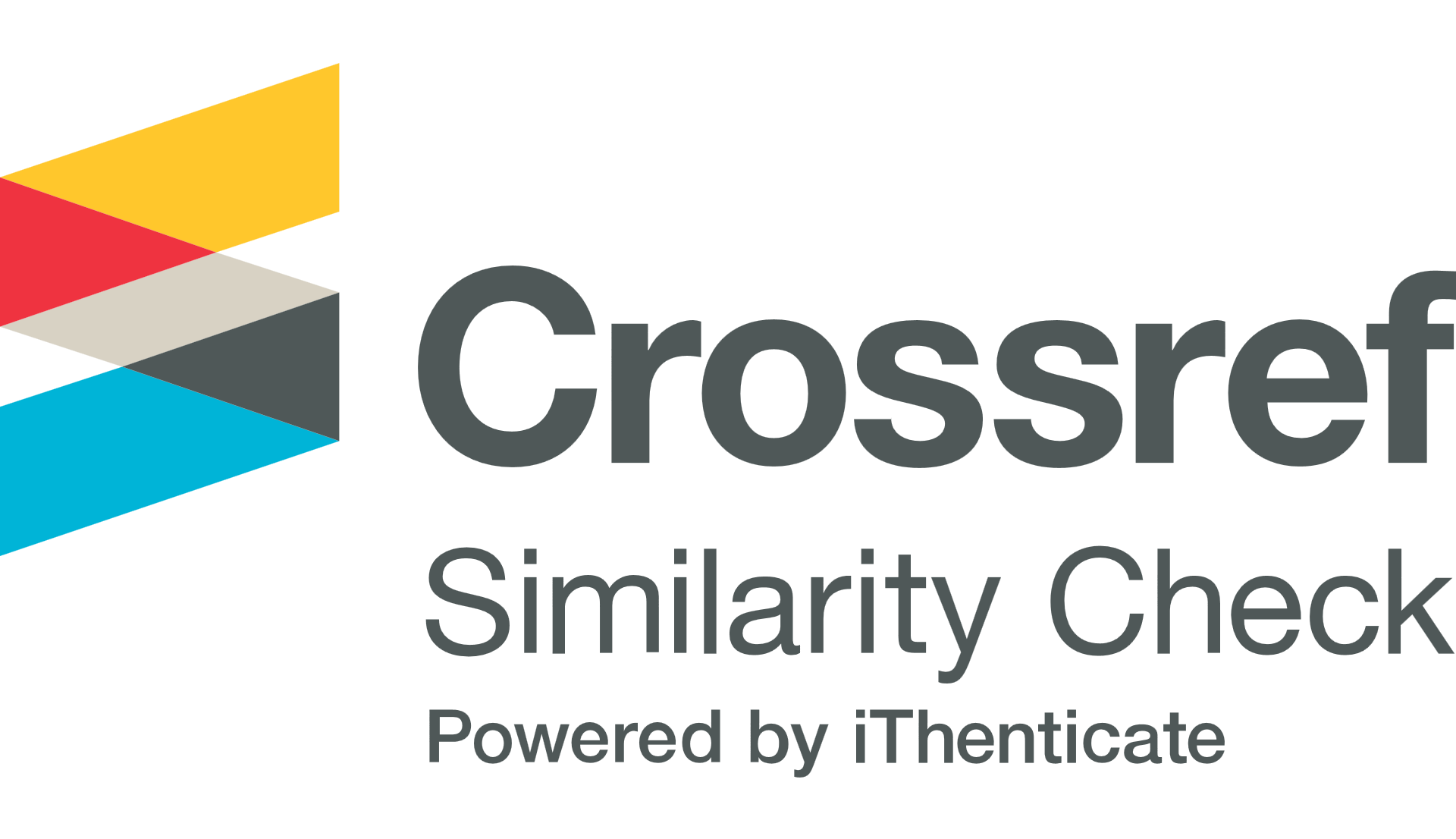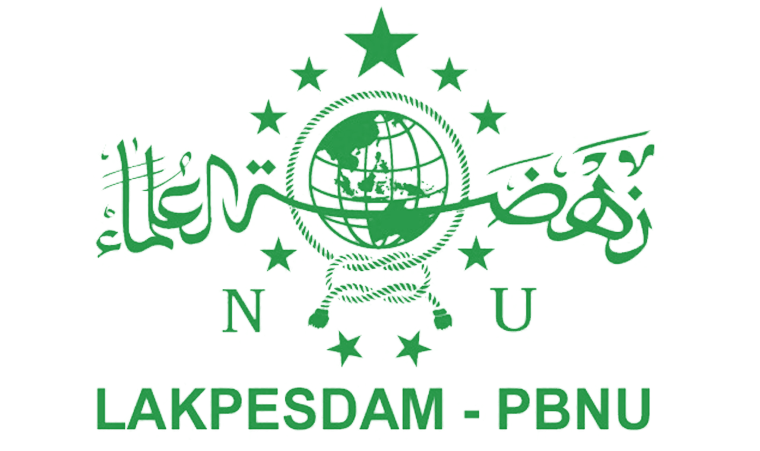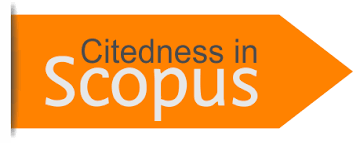FOREIGN LANGUAGE BEHAVIOR OF ISLAMIC BOARDING SCHOOL STUDENTS IN WEST SULAWESI
DOI:
https://doi.org/10.31969/alq.v27i1.935Keywords:
foreign language behavior, language choice, language loyalty, Islamic boarding schoolAbstract
Students of Islamic Boarding Schools in West Sulawesi come from various ethnicities. They relatively concern about their pride, loyalty, and awareness of foreign language norms as an essential part of the Islamic Boarding School curriculum. It also has an impact on the quality of its acquisition. This study aims to describe the students' behavioral patterns in using foreign languages and their factors. The data was excavated from informants on five Islamic Boarding Schools integrated with stratified random sampling models. Data collection techniques were observations, surveys, and interviews. The obtained data were carefully and critically analyzed based on data reduction, presentation, and verification methods. The results showed that the foreign languages in Islamic Boarding Schools at West Sulawesi are generally used passively because the students’ activities highly focus on improving students’ ability in reading. The emphasis is also on the ability to understand Arabic text. Regarding Islamic Boarding School that applies language development for reading and active communication, sociologically, students use foreign languages only in a small number of linguistic situations and in specific domains, namely education. Culturally, foreign language behavior breeds symptoms of multilingualism, bilingualism, code-switching and code-mixing, monolingualism, and interference in all linguistic situations. It is due to the responsibility, loyalty, and motivation of foreign affairs that are still lacking and the insufficient quality of teachers, environmental conditions, and curriculum content.
References
A.S., R. M., & Oktavianus. (2008). Perilaku Berbahasa Masyarakat Minagkabau dan Pengaruhnya terhadap Pemakaian Ungkapan Sebagai Media Pendidikan Informal Keluarga. Linguistik Indonesia, 26(2).
Abdul Wahab, L. (2014). Perilaku Berbahasa Santri Pondok Modern Gontor Pudahoa. Al-Izzah: Jurnal Hasil-Hasil Penelitian, 9(1).
Aka, H. (2012). Guru yang Berkarakter Kuat. Jakarta: Laksana.
Chaer, A., & Leonie, A. (1995). Sosiolinguistik Perkenalan Awal. Jakarta: PT. Rineka Cipta.
Dhofier, Z. (1984). Tradisi Pesantren: Studi tentang Pandangan Hidup Kyai (Cet. Ke-3). Jakarta: Lembaga Penelitian, Pendidikan, dan Penerangan Ekonomi dan Sosial.
Ihsan, M. (2011). Perilaku Berbahasa Di Pondok Pesantren Adlaniyah Kabupaten Pasaman Barat. Jurnal Elektronik WACANA ETNIK, 2(1), 25–38. Retrieved from http://wacanaetnik.fib.unand.ac.id/index.php/wacanaetnik/article/view/17/19
Istijanto. (2006). Riset Sumber Daya Manusia Cara Praktis Mendeteksi Dimensi- Dimensi Kerja Karyawan. Jakarta: PT Gramedia Pustaka Utama.
Kridalaksana, H. (1978). Beberapa Masalah Linguistik Indonesia. Jakarta: Universitas Indonesia, Fakultas Sastra.
Moleong, L. J. (2000). Metodologi Penelitian Kualitatif. Bandung: Rosdakarya.
Murtadho, A. (2012). Kebijakan Wajar Dikdas 9 Tahun Pola Pondok Pesantren Salafiyah. Jurnal Forum Tarbiyah, 10(Nomor 2 Desember).
Mustari, M. (2011). Nilai Karakter Refleksi untuk Pendidikan Karakter. Yogyakarta: LaksBang PRESSindo.
Nababan, P. W. . (1984). Sosiolinguistik: Suatu Pengantar (Cet. I). Jakarta: PT. Gramedia.
Salim, P., & Salim, Y. (1991). Kamus bahasa Indonesia kontemporer. Jakarta: Modern English Press.
Sardiman. (2009). Interaksi dan Motivasi Belajar Mengajar. Jakarta: Rajawali Pres.
Sumarsono. (2007). Soiolinguistik. Yogyakarta: Lembaga Studi Agama, Budaya, dan Perdamaian.
Additional Files
Published
Issue
Section
License
Authors who publish with this journal agree to the following terms:
- Authors retain copyright and grant the journal right of first publication with the work simultaneously licensed under Creative Commons Attribution-NonCommercial-ShareAlike 4.0 International License that allows others to share the work with an acknowledgement of the work's authorship and initial publication in this journal.
- Authors are able to enter into separate, additional contractual arrangements for the non-exclusive distribution of the journal's published version of the work (e.g., post it to an institutional repository or publish it in a book), with an acknowledgment of its initial publication in this journal.
- Authors are permitted and encouraged to post their work online (e.g., in institutional repositories or on their website) prior to and during the submission process, as it can lead to productive exchanges, as well as earlier and greater citation of published work (See The Effect of Open Access).















